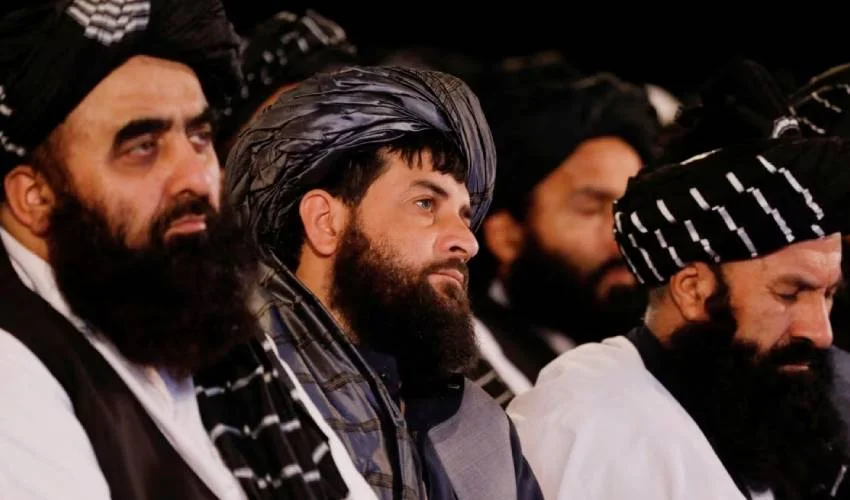Taliban’s new law silences Afghan poets.
The Taliban’s new law has imposed new severe restrictions on poets and literary gatherings.
Signed by Taliban leader Hibatullah Akhundzada, the Poetry Gathering Regulation Law censors poetry and forces poets to praise the leadership, effectively silencing one of the country’s oldest traditions.
What are new restrictions?
The new law, comprising 13 articles, regulates poetry events, dictates permissible themes, and establishes oversight committees to scrutinise material. Poets are now prohibited from:
- Writing about love, friendship between boys and girls, or praising individuals
- Criticizing the Taliban’s supreme leader or insulting Islamic rituals
- Promoting ethnic or linguistic divisions, or spreading “immoral customs”
Also read: Taliban refuse Trump’s demand to return US weapons
Impact on Afghan literature and culture
Afghan writers and cultural figures warn that these restrictions will erase the country’s rich literary heritage and replace it with tightly controlled, ideologically driven performances.
“Poetry has always been the heart of Afghan culture, a space for expressing love, grief, and truth,” said an Afghan poet in exile. “The Taliban want to strip it of humanity and turn it into political propaganda.”
Also read: Who was Khalil Haqqani? Taliban Refugee Minister killed by ISIS
Consequences for free expression
The measures mark “the end of free literary expression in Afghanistan,” according to a Kabul-based cultural analyst.
“When poets are banned from writing about love or questioning power, what remains is not poetry but censorship.”
